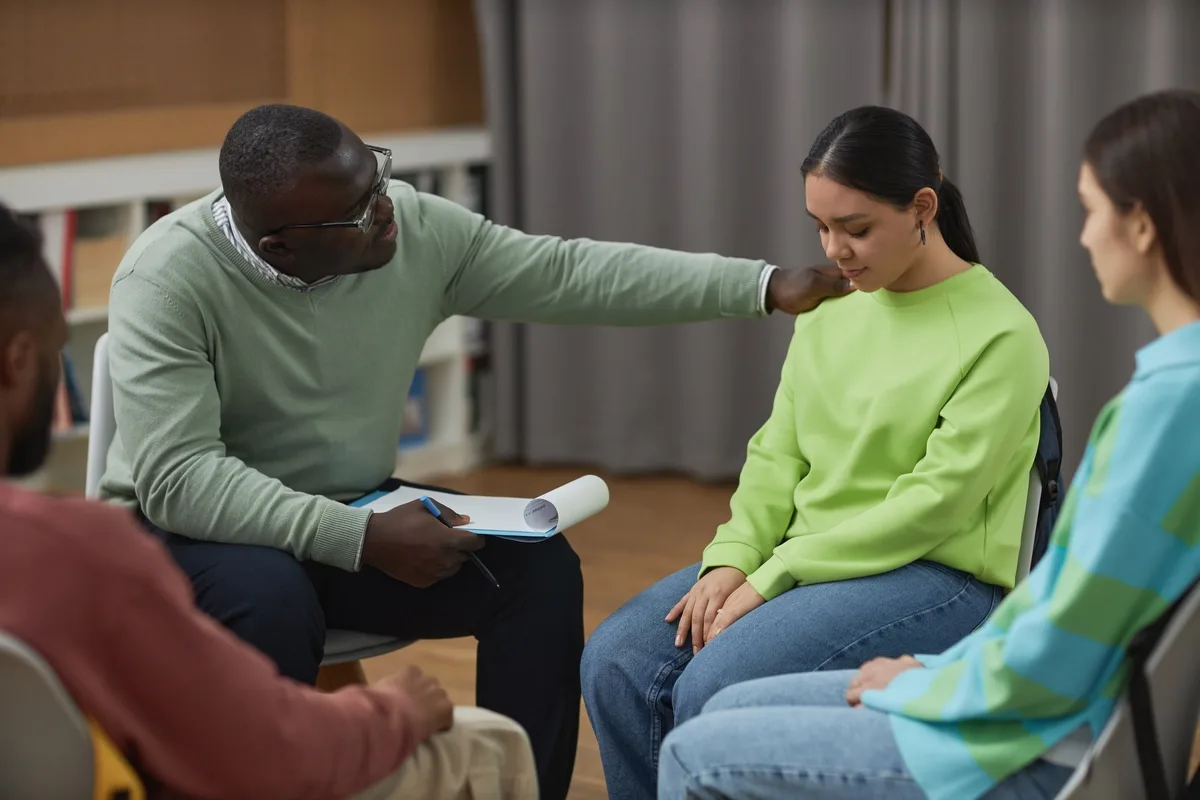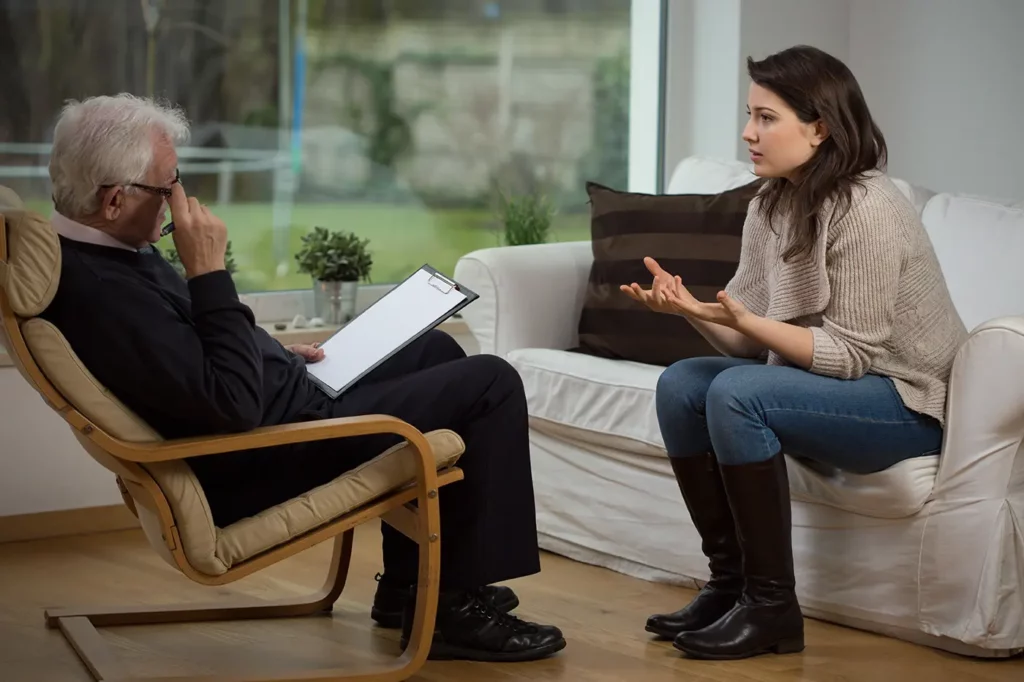24/7 Helpline:
(866) 899-221924/7 Helpline:
(866) 899-2219
Learn more about PTSD Treatment centers in Irvona
PTSD Treatment in Other Cities

Other Insurance Options

Group Health Incorporated

Aetna

Private insurance

Cigna

Carleon

Magellan

Multiplan

Regence

WellCare Health Plans

Ambetter

ComPsych

EmblemHealth

PHCS Network

Ceridian

UnitedHealth Group

Premera

Evernorth

Horizon Healthcare Service

Lucent

Magellan Health

















